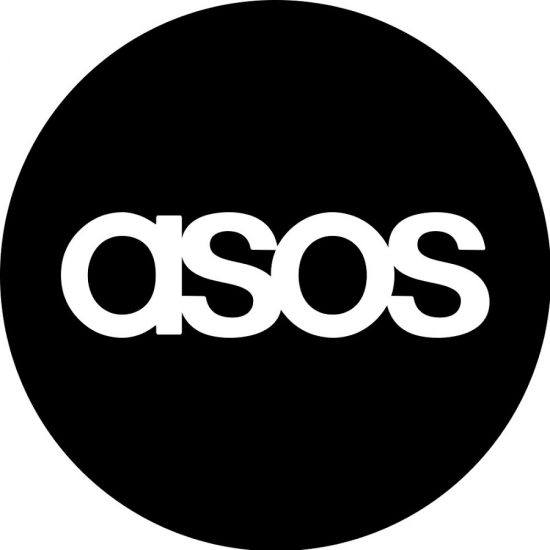In the wake of the recent share price drubbing of ASOS, the UK-based online fashion retailer with revenues of £2.42B in F2018, it’s apparent that the turbulence for retailers — and brands in general — is far from over.
In March 2018, ASOS was valued at a peak of £6.4B, just under 2.7x sales. In one day this week, the stock price (ASN:London) took a 40% haircut. It’s currently trading at around 2600p, off its high of 7700p.
Reasons for the sell-off include the double whammy of:
- lower-than-expected sales
- lower operating margins
But, the most disarming of all statements I read about this ‘calamity’ came from Nick Beighton, the CEO:
It’s “hard to pin down why“
Beighton, ASOS CEO, in the FT Dec 18 2018

A former finance director, Beighton may be blinded by the numbers. I would say that his loss of words is far from surprising.
It's like Beighton took the A out of ASOS and is calling SOS. Share on XHow will the world be worse off?
While I certainly don’t know ASOS on the inside, it seems to represent the classic case of a company without a brand. Founded 18 years ago on the basis of immediately copying ‘fashion’ worn by celebrities (‘as seen on screen’), it has not properly cultivated its own brand. And I don’t mean that it hasn’t created a semblance of fashion sense or that it lacks fans. It has both. However, it has neither in a durable form. The question I’d have for Beighton is: What does ASOS stand for (and I don’t mean the acronym)? How would the world be worse off without ASOS?
It’s evident that many retailers — high street or eCommerce — have been flying by numbers, as opposed to seeking to create value. One is an approach that privileges efficiency, effectiveness and cost control. The other seeks to insert a point of difference, added value and, ideally, purpose. In the former, leadership inevitably struggles to garner long-term employee engagement. Customer satisfaction and customer service are viewed, at best, as a nasty necessity. These are companies using any and all marketing tricks, heavy promotional activity, keyword loading (i.e. SEM) and new store openings to drive the business.
In search of value
If your company doesn’t seek to build value and a distinguishing set of values, the chances of long-term survival are next to nil Share on X— especially if you’re just a retailer. In the case of ASOS, it’s clear that their model was all about spotting trends and quickly ripping off patterns for low-priced fashion. They managed to out-fast Zara and H&M. But cheaper and faster doesn’t necessarily mean better. Far from it, in fact. No company can survive on product alone. Particularly in a business where people play an important role in the customer experience (i.e. on the shop floors), your employees must belong to something bigger than a factory for making shareholders money.
Just like being on a high street, being middle of the road is no place for your shop. Share on XOne side is the low end. The other is the high end. I say it’s best to aim to be on the sunny side (value added), even if there are only few such locations. Otherwise, your only other choice is to be the cheapest and most convenient, which is a slippery and dangerous long-term strategy.
With Britain’s holiday season being dampened by Brexit Blues, the retail shake-up is likely to be fast and furious. But, the same will eventually happen in all markets. Without being able to create a stronger brand, retailers’ razor thin margins will continue to be under siege, especially when/as the economy weakens.











